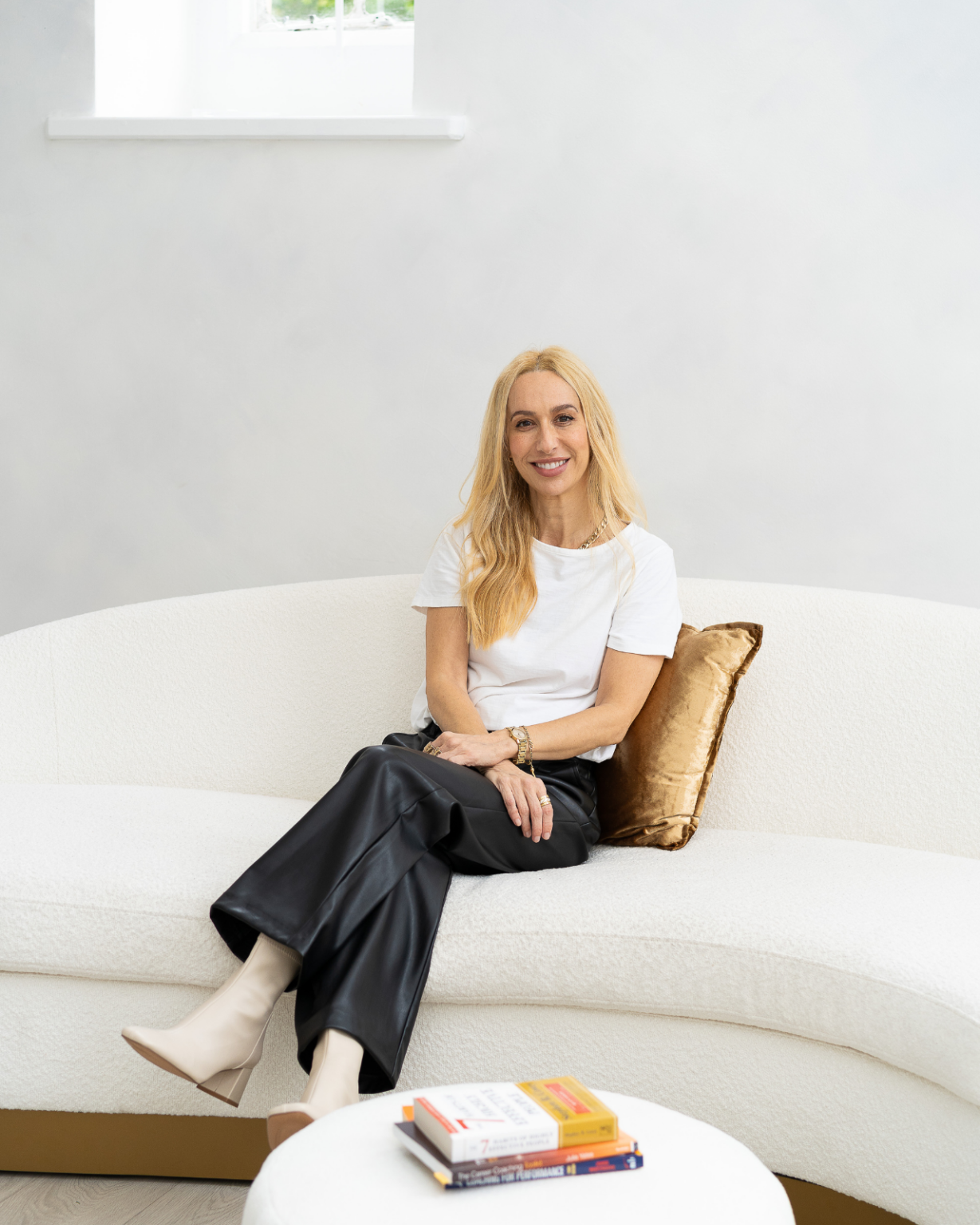Let’s talk about confidence. It’s something we all think about, especially when we’re stepping into a new challenge or trying to level up in our careers.
But here’s the thing – confidence can feel tricky to pin down.
A lot of us have been taught to believe that confidence comes from knowing everything, being fully prepared, or hitting every goal perfectly. But if you’ve ever felt less confident even when you’re really good at what you do, you’re not alone.
Many of us have been there.
So, what if confidence isn’t about always feeling sure of yourself? What if it’s actually about how we handle failure?
Even if we’re skilled, ambitious, or experienced, confidence can still feel out of reach. And honestly, there are a few habits we all fall into that make it harder to feel good about ourselves.
One big culprit is perfectionism.
We can all slip into the trap of thinking we need to nail everything 100% of the time. When we don’t, it’s easy to feel like we’re falling short—even when that’s far from true. It’s like we forget to give ourselves credit for what we do achieve because we’re so focused on what’s not perfect.
Another issue? Ambition, which can be both a blessing and a burden.
Wanting to achieve more is great, but sometimes it makes us hyper-aware of what could go wrong. The more we care about succeeding, the scarier failure can feel.
And let’s not forget comparison.
It’s easy to look around and feel like other people are taking up all the space we wish we could claim. That feeling of “why not me?” can quietly chip away at our confidence without us even realising it.
The thing is, none of this makes us less capable. It’s just part of being human.
Here’s a thought that changed everything for me: confidence isn’t about knowing we’ll succeed. It’s about knowing we’ll be okay, even if we fail.
When we look at it that way, confidence becomes less about perfection and more about resilience. It’s about being willing to try, to take risks, and to figure things out along the way.
But let’s be real: failure isn’t a fun word. I don’t even like to use it. It sounds final, heavy, and personal.
What if we thought of it differently? What if failure was just a part of the process, like trial and error? When we’re testing what works and what doesn’t, failure suddenly feels less scary and a lot more manageable.
Why Confidence Grows Through Action
Here’s where many of us get stuck: we think we need to feel completely confident before we start something big.
The truth? Confidence isn’t a requirement; it’s a byproduct of taking action.
Think about it. When we’re standing at the beginning of a big project, a career leap, or even just trying something new, it’s normal to feel nervous. But we don’t need to be 100% confident to take that first step.
We just need enough confidence for that one step.
And the best part? Every step we take builds momentum. Each time we try, we learn. Each time we learn, we grow. And with every little win, our confidence grows, too.
For example, let’s say you’re dreaming of giving a TED Talk. You don’t need the full confidence to step onto that stage today. First, you just need the confidence to brainstorm a topic. Then to draft an outline. Then to practice with a friend. Step by step, your confidence builds, and suddenly, that big stage doesn’t feel so impossible anymore.
A Better Way to Think About Nervousness
You know that feeling when you’re about to do something new, and your stomach feels like it’s doing flips? That’s nervousness – but it’s also excitement. The two emotions feel almost identical in the body.
What if we reframe those butterflies as a good thing? Feeling nervous means we care. It means we’re stretching ourselves and growing.
Next time that feeling creeps in, try telling yourself, “I’m excited to see what happens.” You might be surprised how that shift changes everything.
Let’s Make Confidence Simple
Confidence doesn’t have to be this big, intimidating thing. When we stop thinking of it as something we need to have before we act, it becomes so much more accessible.
We don’t need to know every answer or have everything figured out. We just need to start, even if it feels messy or imperfect. Confidence grows with every little risk we take, every experiment we try, and every time we let ourselves learn.
So, what’s one small step you can take today? Maybe it’s starting that project you’ve been putting off, speaking up in a meeting, or simply giving yourself permission to try something new.
Let’s stop waiting for confidence to show up. Let’s build it, step by step.

